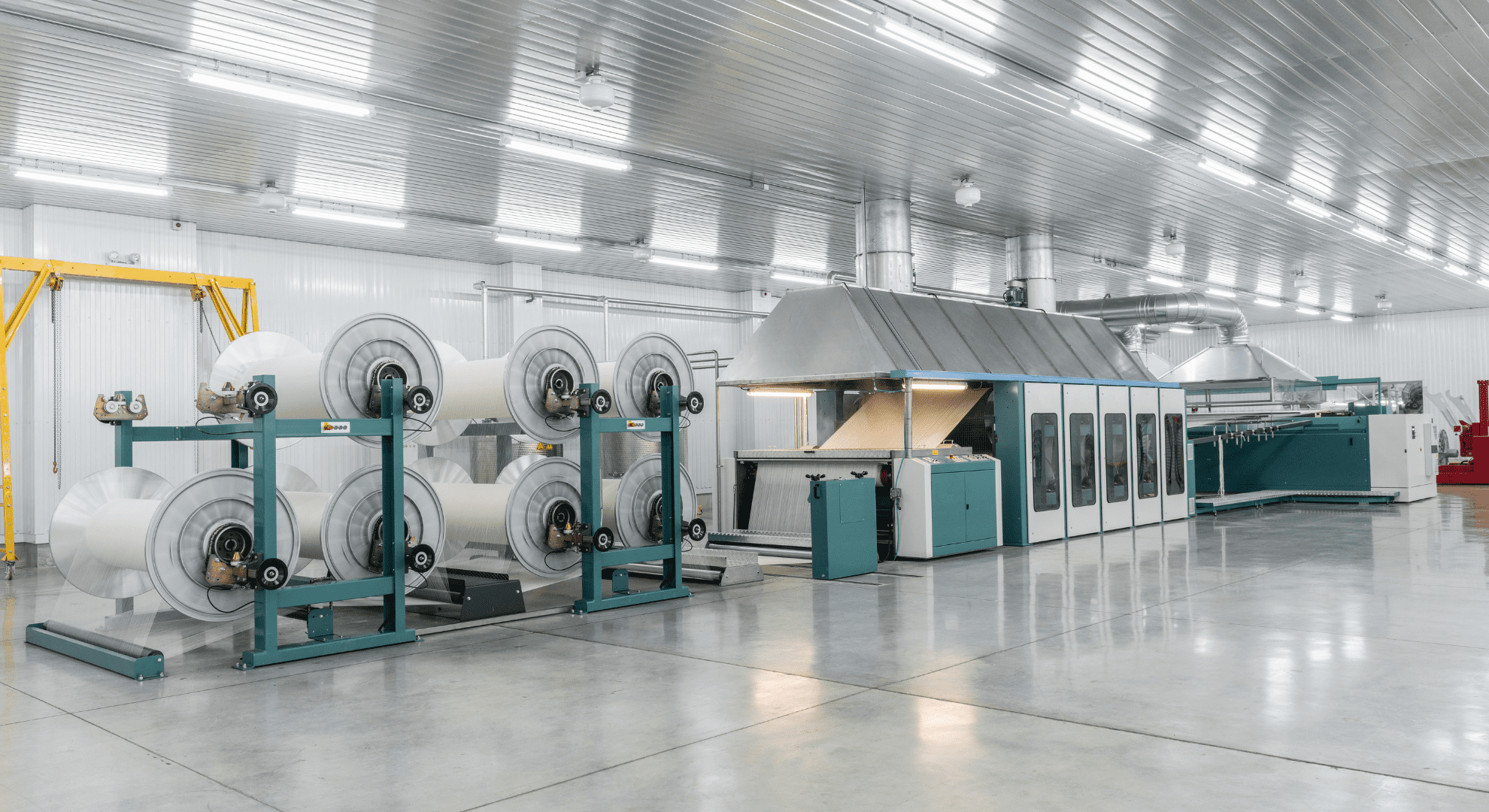Plastic fabrication is the process of creating custom plastic parts, components, and products through a variety of techniques. These techniques can range from simple cutting and shaping to more complex processes such as injection moulding and extrusion. Understanding the various plastic fabrication processes can help manufacturers and engineers choose the most appropriate method for their specific application.
Cutting
One of the most common plastic fabrication techniques is cutting. This can be done using a variety of tools such as saws, lasers, or water jets. The type of tool used will depend on the material being cut and the desired accuracy of the finished product. Cutting is often used to create simple shapes or to separate larger pieces of plastic into smaller ones.
Bending
Another common plastic fabrication technique is bending. This can be done using a variety of tools such as press brakes or heat guns. Bending is often used to create complex shapes or to form plastic into specific angles. It is also commonly used to create curves or to create three-dimensional shapes.
Injection moulding
Injection moulding is another popular plastic fabrication process. In this process, plastic is melted and injected into a mould under high pressure. The mould is cooled, and the solidified plastic is removed from the mould in the desired shape. Injection moulding is a fast and efficient method for producing large quantities of plastic parts with a high degree of precision.
Extrusion
Extrusion is another commonly used plastic fabrication process. In this process, plastic is melted and forced through a dye to create a continuous shape such as a tube or a sheet. The shape of the dye determines the final shape of the extruded plastic. Extrusion is often used to create simple shapes such as tubes or rods, but it can also be used to create more complex shapes such as profiles or channels.
Thermoforming
Other plastic fabrication techniques include thermoforming, blow moulding, and rotational moulding. Thermoforming involves heating a sheet of plastic and forming it over a mould using a vacuum or pressure. Blow moulding involves injecting melted plastic into a mould, and then using air pressure to blow the plastic into the desired shape. Rotational moulding involves rotating a mould while heating it to create a hollow plastic part.
Plastic fabrication, our comments…
One of the benefits of plastic fabrication is that it allows manufacturers to create custom parts and products to meet specific requirements. It also allows for creating complex shapes and designs that would be difficult or impossible to achieve using other materials. Additionally, plastic is a lightweight and durable material that is resistant to corrosion and wear, making it suitable for a wide range of applications.
However, it is important to consider the limitations of each plastic fabrication process when choosing the most appropriate method for a specific application. Factors such as the size and complexity of the part, the quantity required, and the desired level of precision will all impact the choice of the fabrication process.
In conclusion, plastic fabrication is a process that involves creating custom plastic parts and products through a variety of techniques. These techniques range from simple cutting and bending to more complex processes such as injection moulding and extrusion. Understanding the various plastic fabrication processes can help manufacturers and engineers choose the most appropriate method for their specific application.
Why JEPWA?
Johndec Engineering Plastics WA is the best in the industry because of their commitment to quality and customer satisfaction. They use only the highest-grade materials and state-of-the-art manufacturing techniques to ensure that their products are durable, reliable, and meet the specific needs of their clients. They also have a team of experienced engineers and technicians who are dedicated to providing exceptional service and support. Whether you need custom plastic components for a one-time project or ongoing production runs, Johndec Engineering Plastics WA has the expertise and resources to deliver the best results.

